|
by Melissa Laurita Kohl I learned herbalism through the American folk tradition, sitting at the feet of those herbalists, like Rosemary Gladstar, who raised herbalism back from the dead. They had few books, no internet, and a strong calling and passion for something that most Americans thought was crazy. Intuition, or the art of herbalism, was strong. This American tradition is beautiful. Pulled from tidbits of the European tradition that survived in the United States, broken and battered by the Inquisition, the scientific revolution, and the American Medical Association. Pulled from Native American culture, broken and battered by Europeans. Pulled from the magic and mysticism that comes from working closely with plants. 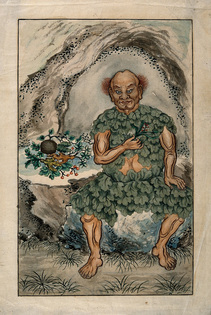 Shen Nong, the 'Divine Farmer' who taught herbalism & agriculture to the people of ancient China Shen Nong, the 'Divine Farmer' who taught herbalism & agriculture to the people of ancient China Traditionally and historically, herbalism is used in the context of a whole system. A poetry, or way, of understanding nature, its patterns, and our place within it. Observation is focused on ways you can observe the body and the whole person with all of your senses (as opposed to peering within via scalpels or microscopes). The concept of herbal energetics comes from these traditional systems and is often based on polarities (hot/cold, damp/dry) and allopathy (treating with opposites). For me, herbal energetics and the idea of a condition being hot or cold was somehow frightening and hard to grasp. Herbally, I grew up learning that valerian was a nervine and a sedative. And it worked and worked astonishingly well using herbs according to their actions with no consideration for energetics. Today it is very popular to believe that this folksy way of using herbalism, without that energetic context, is a lesser way. Herbalists who practice this way are lesser. I have seen many herbalists say that it is dangerous to use herbs according to their actions, in a “this for that” manner. But I think that this is a dangerous notion. Plants work. They do. They work if you simmer leaves or if you infuse them for 8 hours with a lid on. They work if you use organic herbs or if you have to resort to Celestial Seasonings Chamomile tea. They work if you write their name down on a piece of paper and keep it in your pocket, if you carry them on you, if you rub them on your body, if you ingest them, if you call on the plant spirit and think of them, if you tincture them. Plants work because we evolved with them. Every aspect of our being is interwoven with them. Their phytochemicals need to wash our cells regularly for our bodies to function properly. We have to see them for our immune systems to function properly. We have to smell them for our cardiovascular systems to function optimally. We must be in close connection with them for our spirits to feel comfortable on this earth. And because ingesting and using and living among plants is so intrinsic to our nature and our existence on this planet, they are generally very safe. Statistically safer than eating, driving, or taking pharmaceuticals. This does not mean that you can use them without understanding the basics of herb safety, but it does mean that if you are a folk herbalist and you know what you are doing, you will not be hurting anyone in any significant way, if at all. Maybe someone will feel like the herb you recommended is making them too dry or maybe the first herb you give them won't be their ally, but the next one will. If you are an intuitive folk herbalist, you may in fact be recommending the same herbs one would choose if examining herbal energetics in addition to herbal actions. 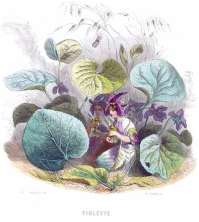 Rosemary Gladstar primarily teaches this folk tradition of American herbalism. There is a reason she is wildly popular and is the fairy godmother of American herbalism (or as my dear friend and fellow herb teacher Cat Pante said, “Rosemary Gladstar is the mama mack daddy of herbs.”). If she were peddling a system that did not work, I can assure you that we would not be here today having this conversation, as herbalism would likely still be stuffed in the broom closet. I think this is important to remember as politics push us closer to standardization, to alienating our brothers and sisters who don't use herbs quite the same way we do. All that being said, I do incorporate herbal energetics into my beginner herb classes because I think it is an important and useful tool and it is easier to integrate into your practice if you learn it right from the beginning. It is also a more legal way of practicing herbalism. Technically, it is illegal for me to treat your indigestion or high blood pressure. But if I am not treating those western diseases, but instead am treating the underlying imbalance in the body, based on herbal energetics, then I am speaking and using a very non-medical model and am no longer practicing medicine without a license (hopefully). Folk herbalism works incredibly well much of the time. Unfortunately, it is in a grey area here in the United States. Using a traditional form of herbalism (like Traditional Chinese Medicine, Ayurveda, Unani-Tibb, Galenic, Tibetan, or a traditional Native American or African system) can add beauty, nuance, and efficacy to your practice. But it should never bring judgment or condescension for your herbal brothers and sisters who do not. 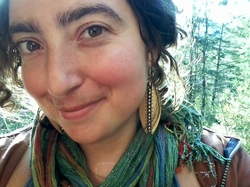 Melissa Laurita Kohl is the lead instructor and founder of the Fungi & Flora Folkschool in the Northeast Kingdom of Vermont. She credits her love of herbs with growing up in NYC (where every plant was a precious gift); her mama's unbelievable Italian cooking (which infused her home with the intoxicating aroma of herbs); and her colic (which brought her chamomile). Melissa has studied Traditional Chinese Medicine, Ayurveda, and western herbalism with a variety of teachers. Herb walks and herbal apprenticeships take place on her farm, where sheep, alpaca, ducks, guineas, chickens, angora rabbits, and a stray cat from Brooklyn welcome visitors. |
Archives
November 2023
Categories
All
|
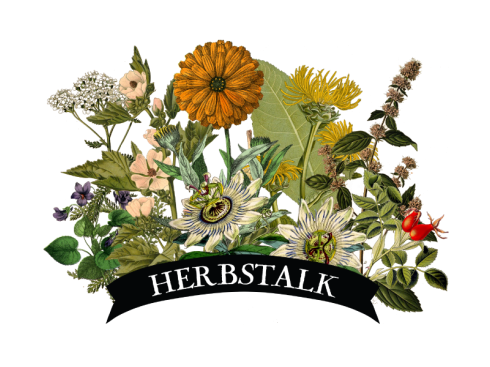
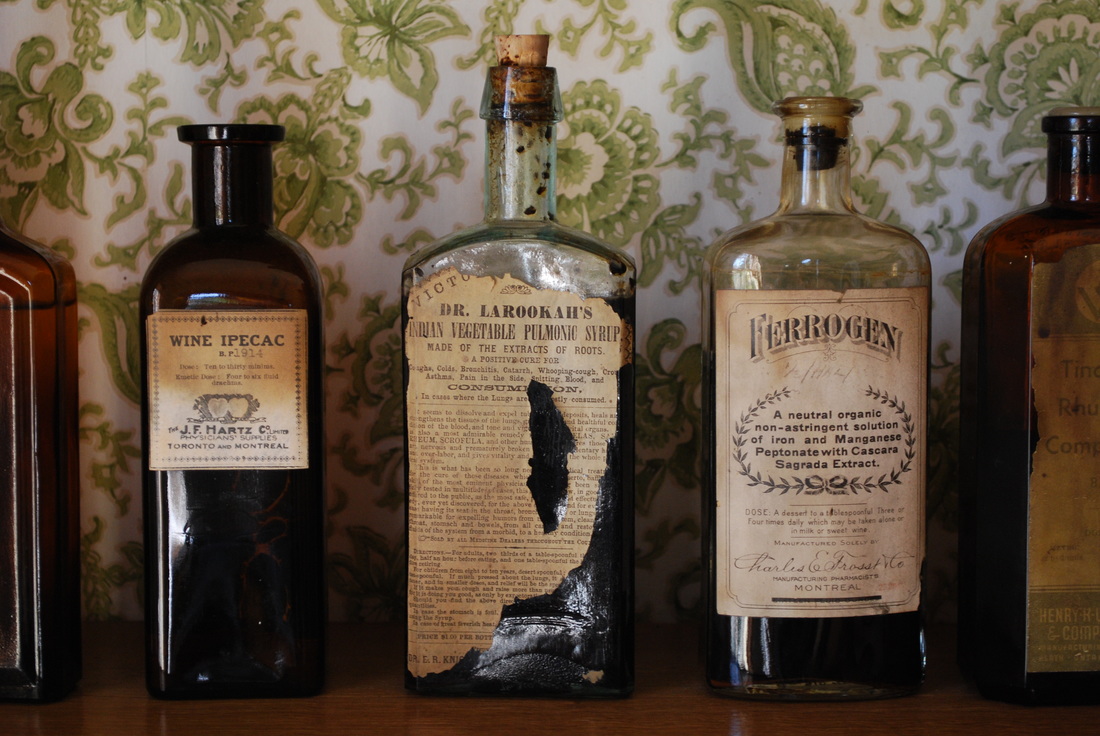
 RSS Feed
RSS Feed